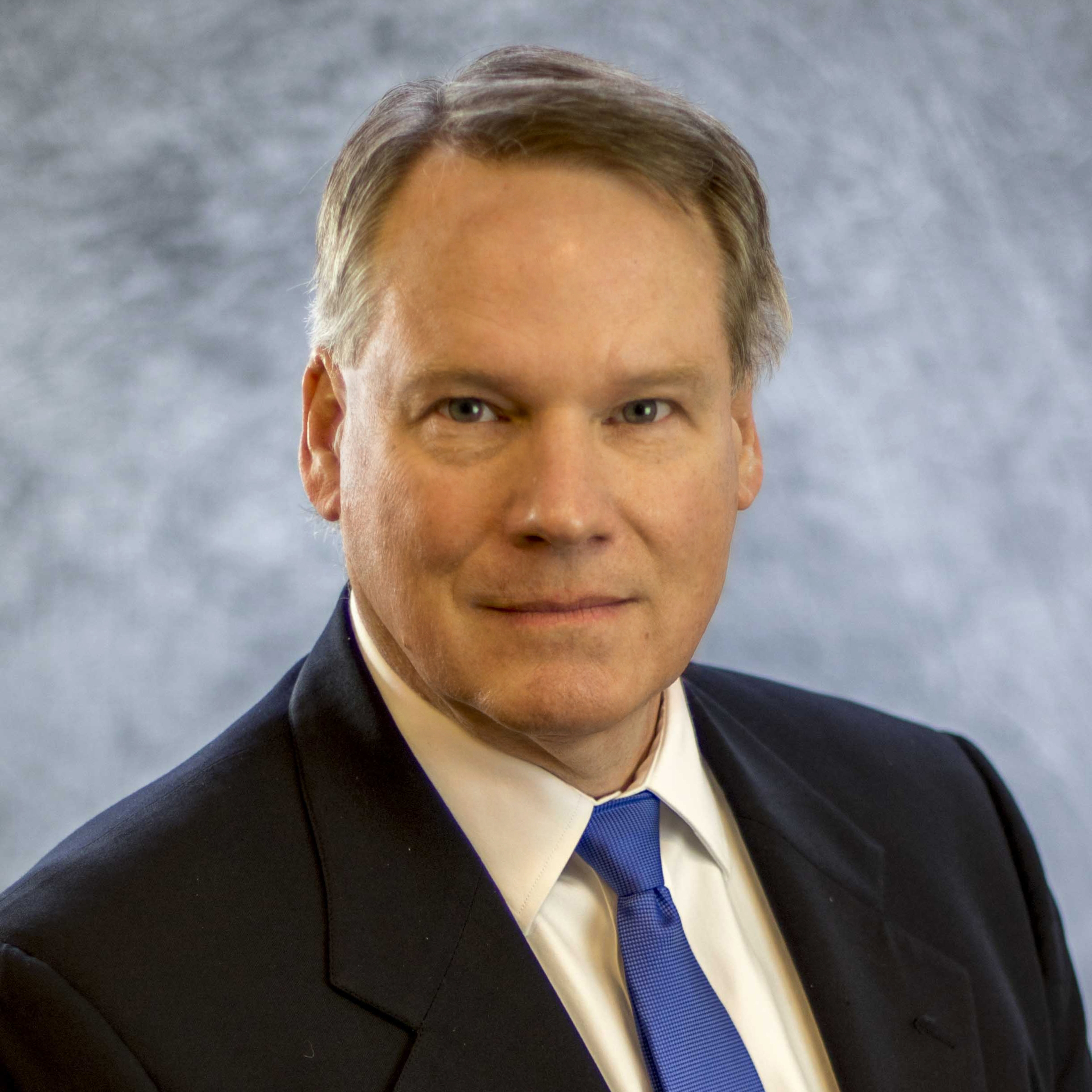Related Articles
Relevant Topics
-
Bowling for Columbine
-
Canada
-
Cuba
-
Fahrenheit 9/11
-
France
-
George W. Bush
-
Havana
-
health savings account
-
healthcare in the United States
-
Medicare
-
Michael Moore
-
New York City
-
Sicko
-
Stupid White Men … and Other Sorry Excuses for the State of the Nation!
-
The Walt Disney Company
-
United Kingdom
-
United States of America
There he goes again. Michael Moore earlier this year released Sicko, a new “documentary” movie about American health care. I put the word in quotation marks because documentary films usually present facts.
But for Moore, a film is called a documentary not because it is based on fact – his films actually contain serious errors – but because he does not use professional actors, meaning he does not have to pay the people who appear on camera. Apparently, the only person who gets paid for appearing in a Michael Moore film is...Michael Moore. In Sicko, Moore attacks for-profit health care and calls for adoption of a socialized, state-managed health care system.
Yet Moore is not adverse to securing handsome profits in his own field. Disney Corporation paid Moore a dazzling $21 million for the distribution rights to his film Fahrenheit 911. This is in addition to $30 million he earned from his assault on legal gun ownership, Bowling for Columbine, and the generous royalties he received from his 2001 book, Stupid White Men.
The story in Sicko revolves around a pre-set narrative. What ails American health care, according to Moore, is not over-regulation and lack of consumer choice, but greedy, hard-hearted insurance executives. Any point that might support this story line, no matter how obscure, weak or off-topic, is included in the film, and any information that might lead the audience to a different conclusion is excluded.
Moore presents Canada, France and Cuba as models for Americans to admire and emulate. But as citizens in these and other countries are painfully learning, socialized health care results in rationing, price controls, waiting lists and low-quality care.
For example, the Canadian courts recently ruled in favor of patient George Zeliotis, who lived in pain for a year while waiting for a hip operation under Canada’s socialized “health care for all” system. The justices found that Canadians had suffered and even died while waiting for care.
In Britain, waiting lists for routine care are so long that one of the most popular products sold in drug stores are do-it-yourself dental kits.
Socialized health systems are chronically plagued by rationing, shortages, labor strikes and disputes over doctors’ pay. The poor quality of socialized medicine helps explain why so many foreigners travel to the United State to receive medical care.
The most disturbing part of the film is Moore’s callous manipulation of relief workers who are potentially suffering long-term health effects from working at Ground Zero in New York. Moore takes them to Cuba, where they appear to receive excellent care at Havana’s showcase hospital. Moore seems unaware that it is he who is being manipulated by the repressive Cuban government, which no doubt saw a priceless opportunity to get its propaganda message in front of American movie audiences.
Another problem with government-run health care is it would scare investment away from medical research. If you had $1 million and could invest it in any industry you wanted, would you choose one where all the important business decisions are made by government officials? Moore’s ideas for socialized medicine would be about as successful as rent control, with the same results: shortages, poor investment and declining quality.
Moore is right that most Americans are frustrated with third-party health care, in which an employer, an insurance company or a government agency controls what and how much care you receive.
The solution is not, as Moore would have it, putting a single, massive third-payer in charge. What is needed in health care is more of what allows Michael Moore to so comfortably profit in his own profession: free enterprise, innovation, competition and consumer choice.
Markets are not about profits, they are about information. Markets connect suppliers with customers by using price mechanisms. Price signals tell suppliers what consumers want, and tell consumers the value of what they are receiving. Profits are the result of correctly understood price signals. If a supplier understands what people value and provides it, he will make money. If not, he will go broke. The key is to use prices and profits as guides to think sympathetically about others and meet their needs.
In 2003, President George Bush took a major step toward free-market health care by signing legislation creating individual Health Savings Accounts (HSAs). Tax-free HSAs, along with low-cost catastrophic insurance, allow Americans to own their health benefits, build savings from year to year and, at retirement, use the money to buy supplemental Medicare coverage or long-term care insurance.
Today some eight million Americans are covered by HSAs. These affordable accounts are not just for the healthy and wealthy. About half of people covered by HSAs are over 40, and 27% of new enrollees previously had no coverage.
Yes, as hard as it may be for Moore to admit, President Bush, with Congress, created the first government policy in years that is actually reducing the number of uninsured. Best of all, HSAs are 100% voluntary. Unlike socialized medicine, HSAs allow personal health decisions that are not forced on people by an impersonal, top-down system.
HSA holders are people who are in charge of their own health care. They do not need approval from insurance executives, state bureaucrats, or Michael Moore, to make their own decisions about health care.
The irony is that just as Americans are making progress with health care reforms that work – based on competitive markets and consumer choice – Michael Moore wants to take us in exactly the opposite direction.
There is one thing we can be sure of, however. If we do someday adopt socialized medicine, you will not find Moore languishing on any government waiting list. The rich always find a way to get care, regardless of what system they think should apply to everyone else.
So before we adopt socialized medicine, we should try this experiment first. The federal government would guarantee equal access to movies for all Americans by creating a U.S. Department of Entertainment Services. This agency would to tell movie makers like Moore what films to make, when and where they can be shown, what the ticket price is, and what profit, if any, is allowed.
After he has lived under government control of his industry for a few years, then we will ask Moore if he wants to do the same to our health care.




